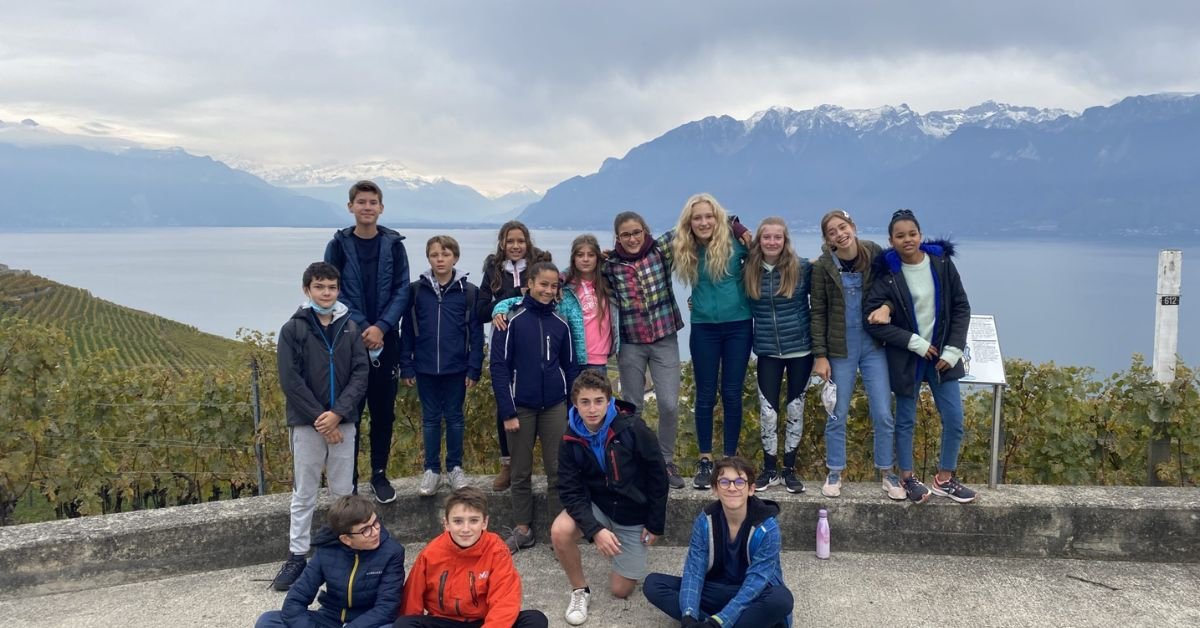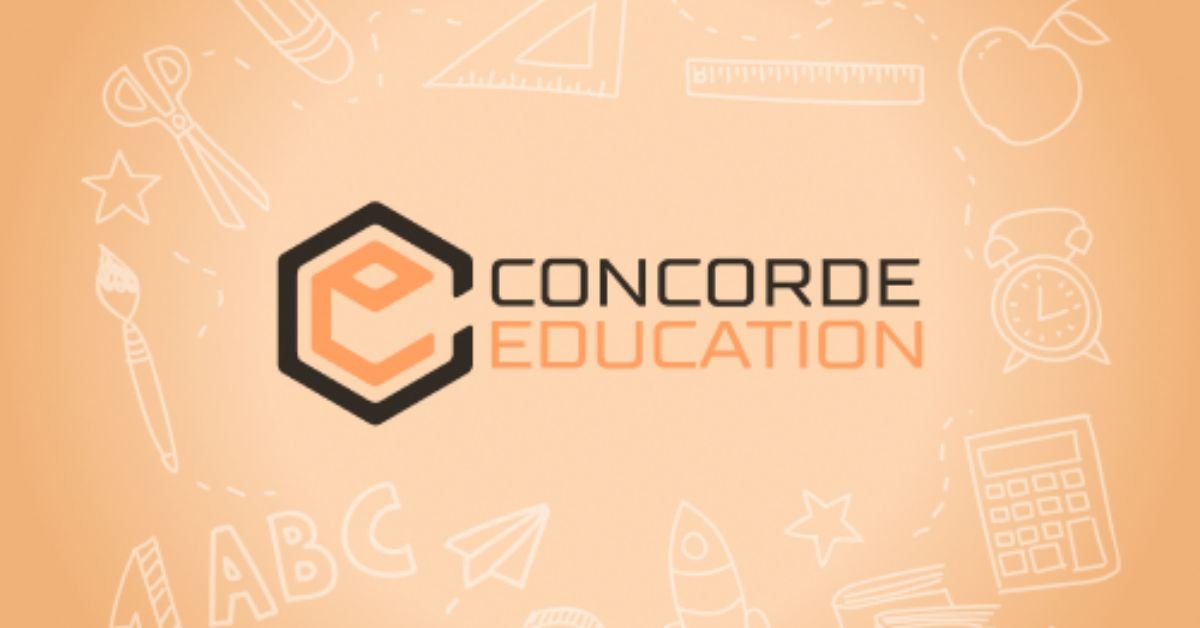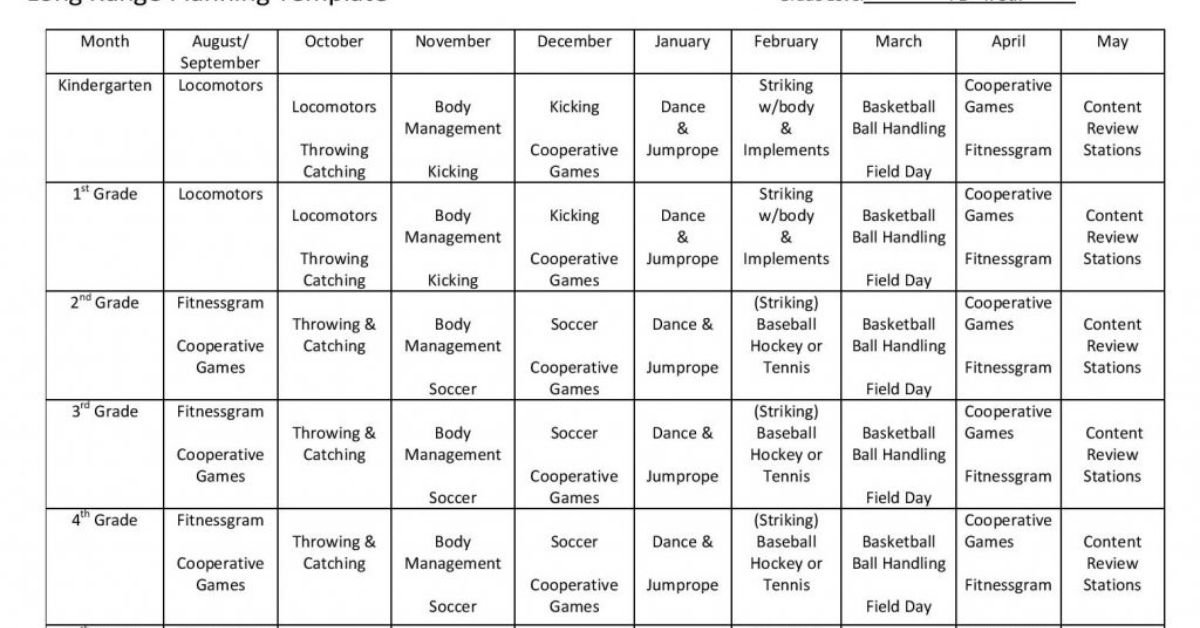The Education Nationale Haute-Savoie refers to the public education system in the Haute-Savoie department of France, which is part of the Auvergne-Rhône-Alpes region. This educational framework encompasses a variety of institutions, including nursery schools, primary schools, collèges (middle schools), and lycées (high schools). The system is designed to provide comprehensive education to students from early childhood through secondary education, ensuring that they acquire the necessary skills and knowledge for their future endeavors. The education system in Haute-Savoie is characterized by its commitment to academic excellence and inclusivity.
Structure of the Education System in Haute-Savoie
The education system in Haute-Savoie follows the national framework established by the French Ministry of Education. It is divided into several key stages:
- École Maternelle (Nursery School): For children aged 3 to 6 years, focusing on socialization and foundational skills.
- École Primaire (Primary School): For children aged 6 to 11 years, covering basic subjects such as mathematics, French, science, and arts.
- Collège (Middle School): For students aged 11 to 15 years, providing a broad curriculum that prepares students for further education.
- Lycée (High School): For students aged 15 to 18 years, offering general, technological, or vocational tracks leading to the Baccalauréat diploma.
This structured approach ensures that students receive a well-rounded education tailored to their developmental needs.
Educational Institutions in Haute-Savoie
Haute-Savoie boasts a diverse range of educational institutions catering to different age groups and educational philosophies. Key types of institutions include:
- Public Schools: Operated under the French national education system, these schools are accessible to all students and are funded by the government.
- Private Schools: These institutions may follow different educational philosophies or curricula and often require tuition fees. Many are under contract with the national education system.
- International Schools: Offering bilingual or international curricula, these schools cater to expatriates and families seeking an international education for their children.
Each type of institution plays a vital role in providing educational opportunities that meet the diverse needs of the community.
Curriculum and Educational Programs
The curriculum in Haute-Savoie adheres to national guidelines set by the Ministry of Education while allowing for local adaptations. Key features include:
- Core Subjects: Students study essential subjects such as French language arts, mathematics, science, history-geography, and foreign languages.
- Arts and Physical Education: Emphasis is placed on arts education and physical activity as vital components of a well-rounded education.
- Technology Integration: Schools are increasingly incorporating technology into their curricula, preparing students for a digital world.
These programs are designed to foster critical thinking, creativity, and collaboration among students.
Special Education Services
Education Nationale Haute-Savoie is committed to inclusivity and providing support for students with special needs. Key initiatives include:
- Ulis Classes: Specialized classes within mainstream schools designed for students with disabilities. These classes provide tailored support while promoting integration.
- Individualized Education Plans (IEPs): Developed for students with specific learning needs, IEPs outline personalized goals and accommodations.
- Support Services: Schools offer various support services such as counseling and tutoring to help students succeed academically.
These services ensure that all students have access to quality education regardless of their individual challenges.
Community Involvement in Education
Community involvement plays a crucial role in enhancing educational outcomes in Haute-Savoie. Parents, local organizations, and businesses contribute in various ways:
- Parent Associations: Many schools have active parent associations that support fundraising efforts and organize community events.
- Local Partnerships: Collaborations with local businesses provide resources for schools and create opportunities for student internships.
- Volunteer Programs: Community members often volunteer their time in classrooms or during school events, enriching the educational experience for students.
This collaborative approach fosters a strong sense of community ownership over local education.
Challenges Facing Education in Haute-Savoie
While the education system in Haute-Savoie is robust, it faces several challenges that impact its effectiveness:
- Resource Allocation: Ensuring adequate funding for all schools can be challenging, particularly for those serving disadvantaged populations.
- Teacher Recruitment: Attracting qualified teachers to rural areas can be difficult due to limited housing options and professional development opportunities.
- Adapting to Change: The rapid pace of technological advancement requires ongoing training for educators to effectively integrate new tools into their teaching practices.
Addressing these challenges is essential for maintaining high educational standards across the region.
Innovations in Educational Practices
In response to contemporary challenges, many schools in Haute-Savoie are adopting innovative practices aimed at enhancing student engagement and learning outcomes:
- Project-Based Learning: Schools are increasingly implementing project-based learning approaches that encourage collaboration and real-world problem-solving.
- Flipped Classrooms: This model allows students to learn new content at home through videos or readings while using class time for discussions and hands-on activities.
- Digital Learning Platforms: Many schools utilize online platforms that provide resources and facilitate communication between teachers, students, and parents.
These innovations reflect a commitment to evolving educational practices that meet the needs of today’s learners.
Future Directions for Education Nationale Haute-Savoie
Looking ahead, Education Nationale Haute-Savoie aims to continue improving educational outcomes through strategic initiatives:
- Enhancing Digital Literacy: Increasing focus on digital literacy across all grade levels prepares students for future careers in an increasingly digital world.
- Strengthening Community Partnerships: Building stronger collaborations with local businesses and organizations will enhance resources available for schools.
- Expanding Support Services: Continued investment in support services for students with special needs ensures inclusivity within the education system.
By focusing on these areas, Education Nationale Haute-Savoie can further enhance its impact on student success.
Conclusion
The Education Nationale Haute-Savoie plays a vital role in shaping the educational landscape of the region. With its structured approach encompassing diverse institutions, comprehensive curricula, special education services, and strong community involvement, it strives to provide quality education for all students. While challenges remain, ongoing innovations and future initiatives demonstrate a commitment to continuous improvement. By fostering an inclusive environment where every student can thrive academically and personally, Education Nationale Haute-Savoie contributes significantly to the development of future generations.




